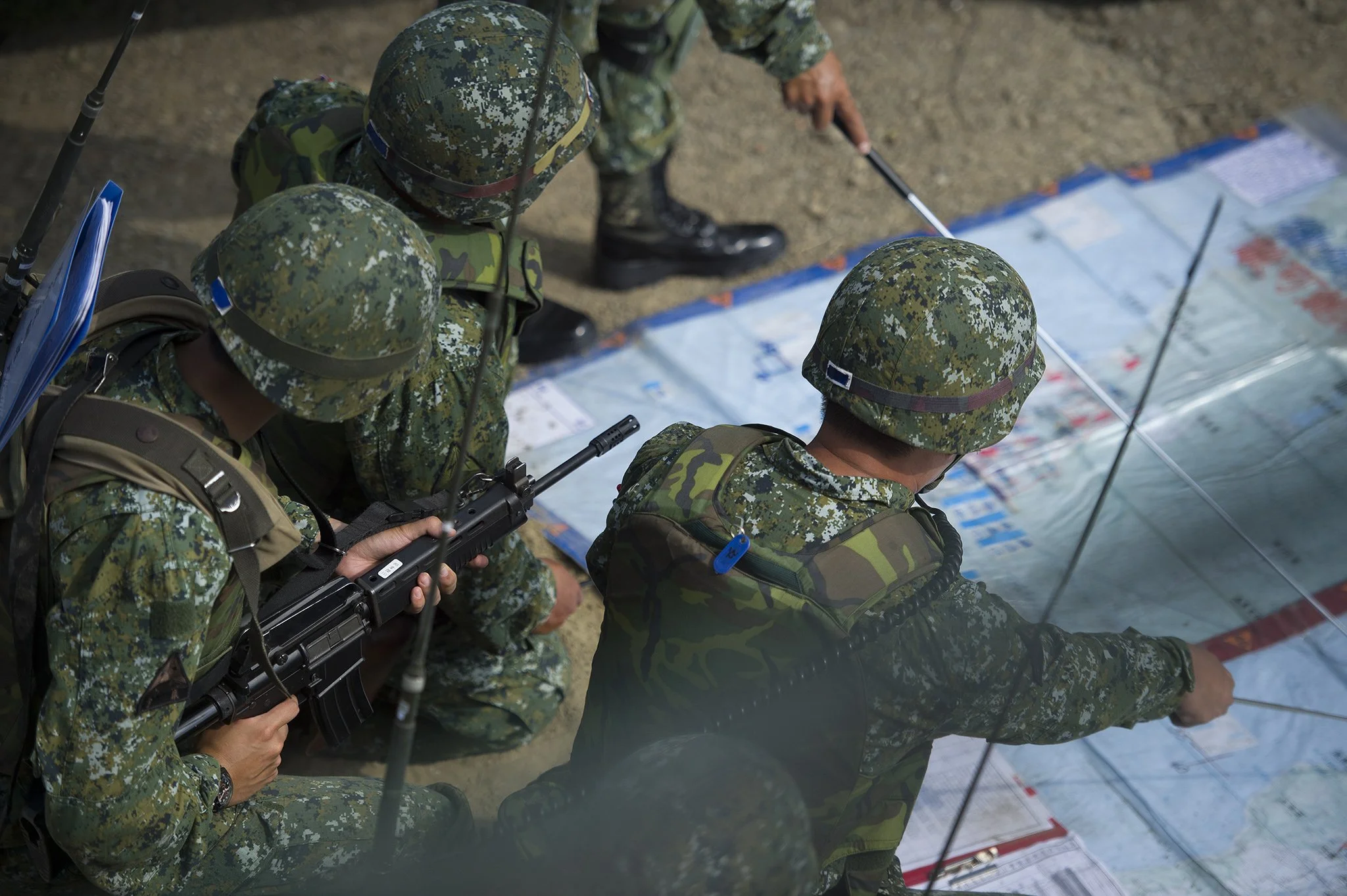Written by Jiachen Shi
Resorting to military build-up consistently emerges as a rational choice for Chinese policymakers who perceive the country as entangled in a series of ‘internal troubles’ such as social instability and ‘external threats’ such as provocations from the United States.
Read More















